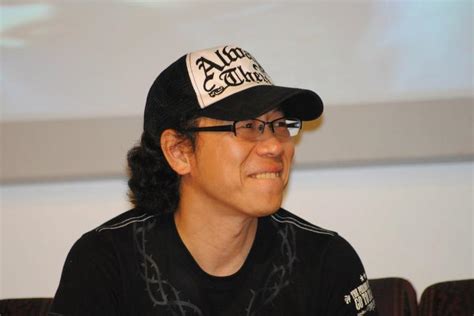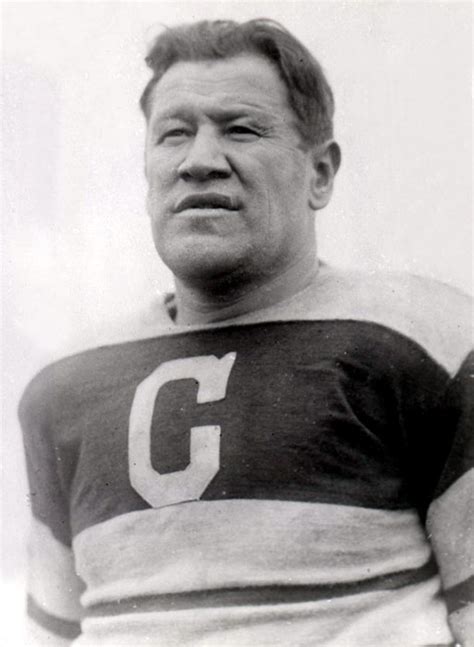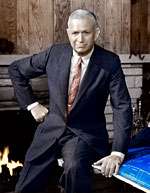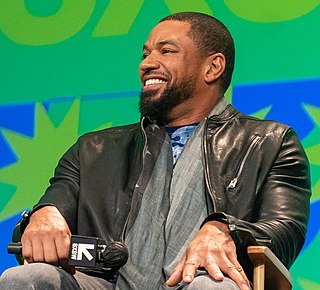A Quote by Antonio Banderas
It's about paying attention to the little things, the details... Constantly rediscovering your partner, knowing there's a way out of any crisis.
Related Quotes
Thinking isn't something you think about. It comes naturally. Thinking involves many things. It involves being an observer. It involves analyzing things, taking in what's around you in the world and finding how to make it inspire your work or turn it into a lesson to teach your children; it's paying attention to details. That's what thinking is: processing.
One of the big ways in which I felt my own writing life shaped by recovery had to do with my relationship to other people's stories. And one of the things I loved most about recovery was the way in which, in meetings and through fellowship, you are constantly kind of paying attention to lives outside of your own.
Unless we are holding ourselves accountable day in, day out, not just when there's a crisis for folks who have power and influence and can hire lobbyists, but for the nurse, the teacher, the police officer, who, frankly, at the end of each month, they've got a little financial crisis going on. They're having to take out extra debt just to make their mortgage payments. We haven't been paying attention to them. And if you look at our tax policies in America, it's a classic example.
Do the things that interest you and do them with all your heart. Don't be concerned about whether people are watching you or criticizing you. The chances are that they aren't paying any attention to you. It's your attention to yourself that is so stultifying. But you have to disregard yourself as completely as possible. If you fail the first time then you'll just have to try harder the second time. After all, there's no real reason why you should fail. Just stop thinking about yourself.
Eventually we realize that not knowing what to do is just as real and just as useful as knowing what to do. Not knowing stops us from taking false directions. Not knowing what to do, we start to pay real attention. Just as people lost in the wilderness, on a cliff face or in a blizzard pay attention with a kind of acuity that they would not have if they thought they knew where they were. Why? Because for those who are really lost, their life depends on paying real attention. If you think you know where you are, you stop looking.
Ambient awareness is the experience of knowing what's going on in the lives of other people - what they're thinking about, what they're doing, what they're looking at - by paying attention to the small stray status messages that people are putting online. We're now able to stitch together these fantastic details and mental maps of what is going on in other people's lives.
The whole body-mind thing comes into play, when you are feeling that self-doubt and your body is not going to help you if you're not paying attention. Your body's going to go with the self-doubt and make you feel worse, so by making the adjustments - pulling your shoulders back, standing up straight, walking in a more sort of expansive way - all sorts of little things will help pull you out of that self-doubt.
I think it's much more interesting to live not knowing than to have answers which might be wrong. I have approximate answers, and possible beliefs, and different degrees of uncertainty about different things, but I am not absolutely sure of anything. There are many things I don't know anything about, such as whether it means anything to ask "Why are we here?" I might think about it a little bit, and if I can't figure it out then I go on to something else. But I don't have to know an answer. I don't feel frightened by not knowing things, by being lost in the mysterious universe without having any purpose - which is the way it really is, as far as I can tell.




































